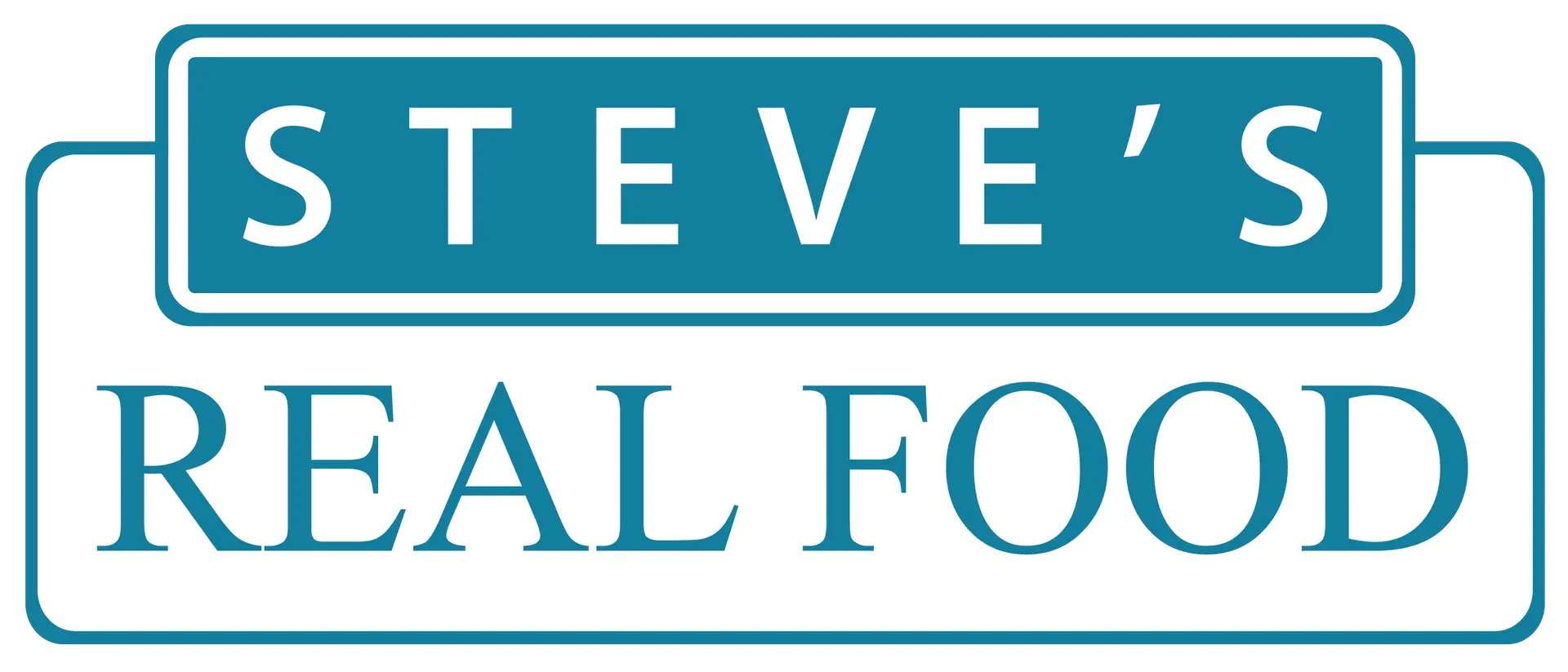Keep Your Cat’s Hairballs Under Control
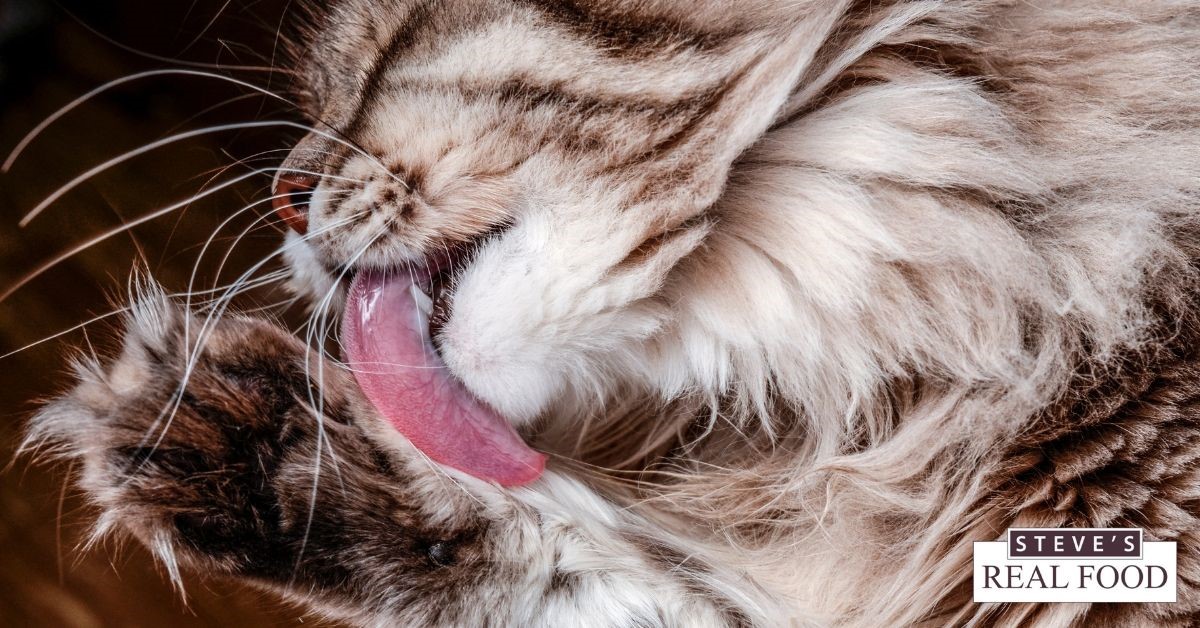
Most cats will occasionally throw up a hairball. However, if you find yourself cleaning up these unpleasant wads of hair more often than once or twice a year, your cat may be at risk of health problems like intestinal blockages. Here’s what you need to know about hairballs.
Emu Gotta Hear About This!
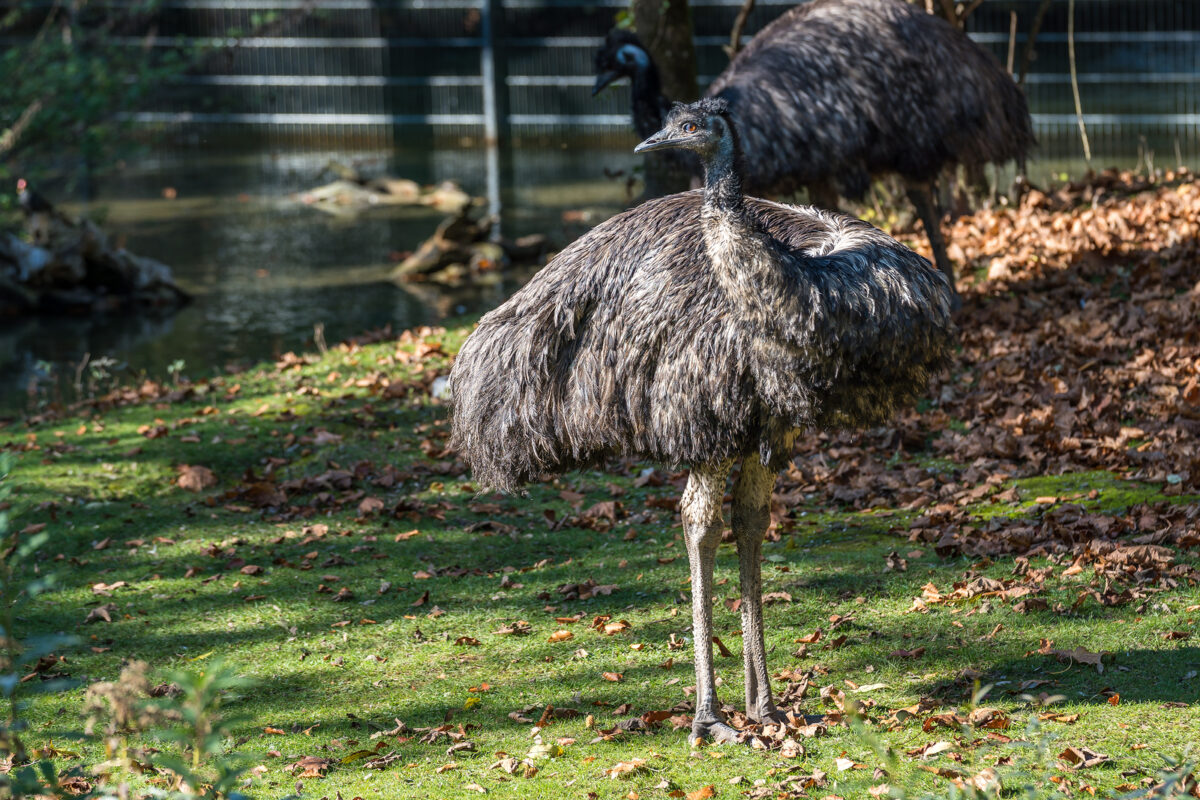
Why emu, you ask? Let’s take a closer look at the flightless “bird” to see why it is such a good choice for your pets.
Tips for Traveling with Your Dog in the Car

Taking your furry friend on vacation is an exciting experience as you get to explore new places and spend some quality time with him. In this post, we share useful safety tips when traveling with your dog.
Don’t Go Breakin’ (Your Dog’s) Heart
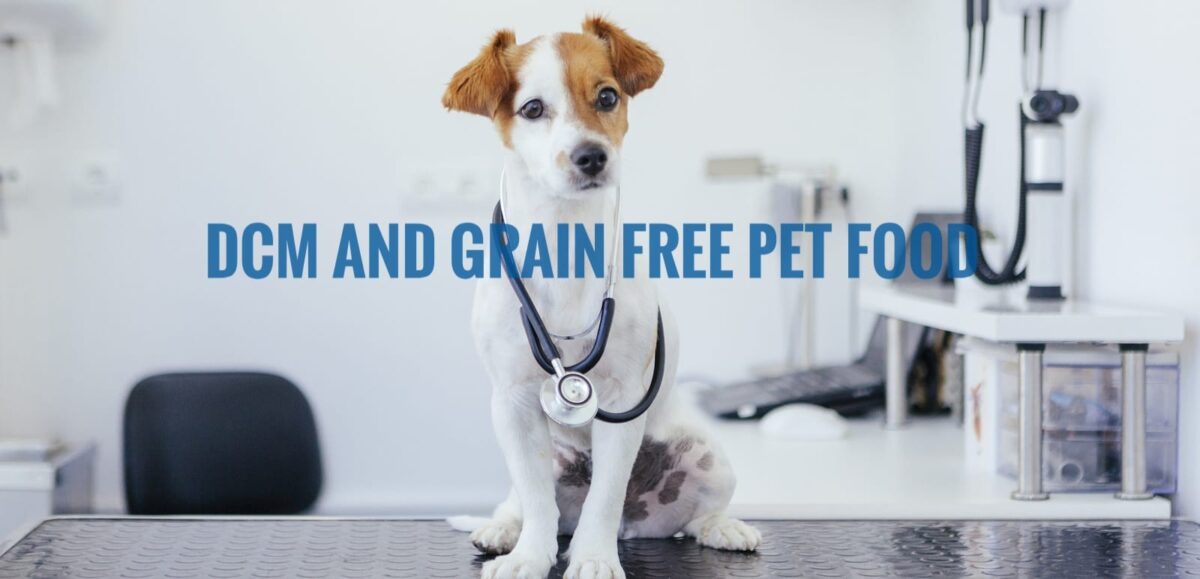
Dilated Cardiomyopathy is a pretty frightening word, and certainly not one you want to hear associated with the health of your beloved canine. Understand the issue and what you as a pet parent can do to make sure the condition doesn’t affect your dogs.
Diet’s Role in Doggy Dental Hygiene
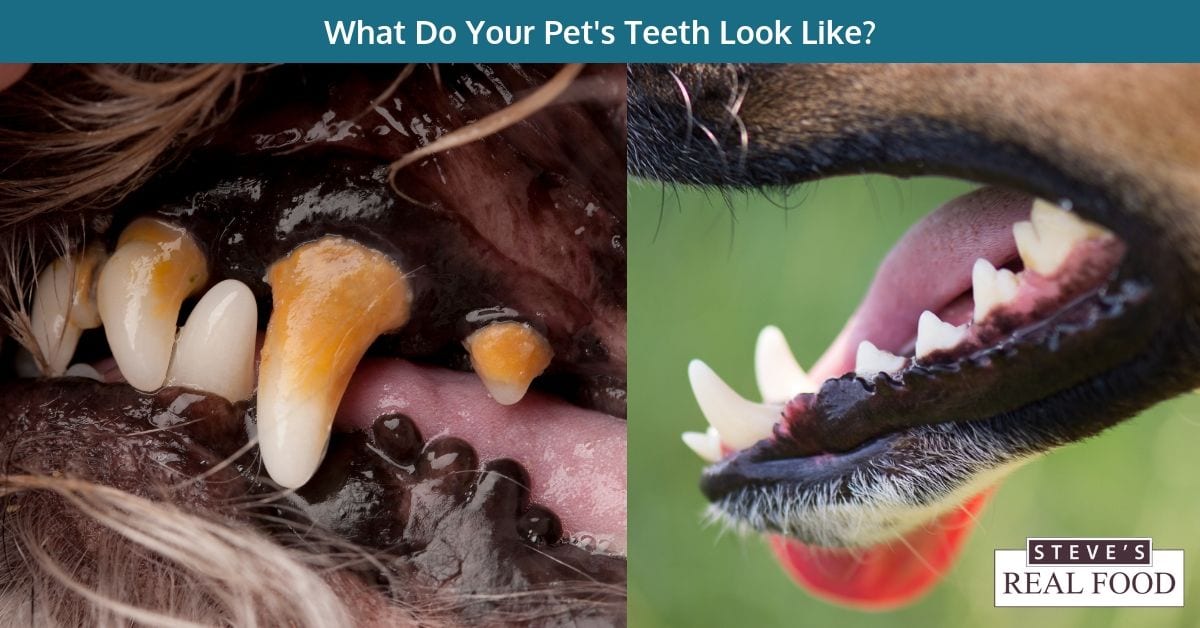
Proper dental hygiene is a critical part of your dog’s overall wellbeing.
What to Do If Your Dog Gets Diarrhea

While you might not be able to completely prevent diarrhea in your pet, knowing as much as you can about it could help you limit the occurrence of these nasty episodes.
Why Kelp is Great for Dogs
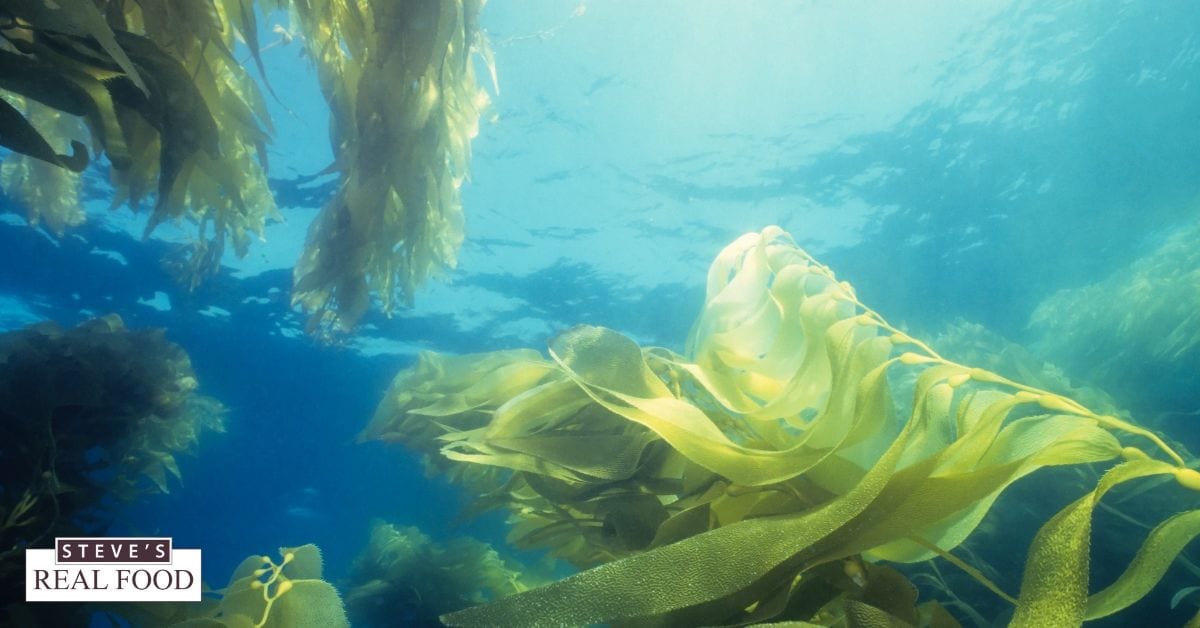
While other plants from the sea are nutritious for dogs, kelp contains 60 different minerals and vitamins and 21 amino acids, making it a great ingredient to have in dog food.
How Green-Lipped Mussels Can Help Your Pet with Arthritis
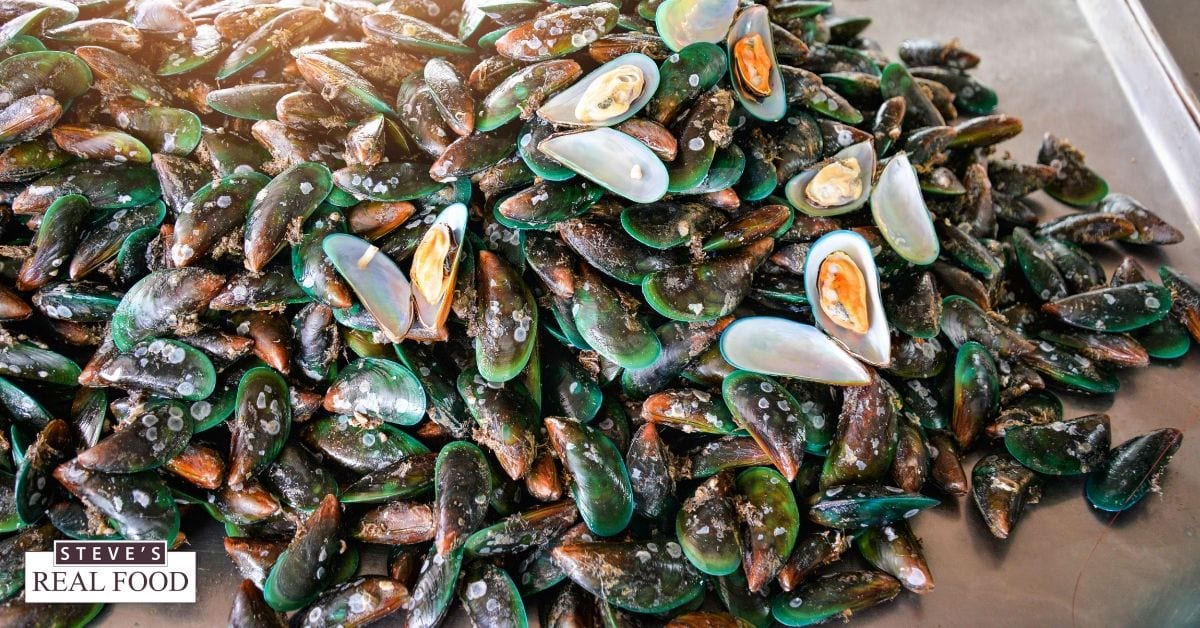
Steve’s Real Food is happy to announce that all of our diets now contain green-lipped mussels as one of the ingredients!
Is a Raw Diet Healthy for a Puppy?

Just like babies, puppies grow rapidly during the first few months of their lives, and a proper diet provides the necessary nutrients to meet their needs. This developmental stage needs to be well fueled for a healthy pup. In this article, we will talk about the benefits of a puppy being fed an AAFCO-approved, commercially-prepared raw pet food.
Steve’s Real Food Original Recipe is Great for Cats and Dogs
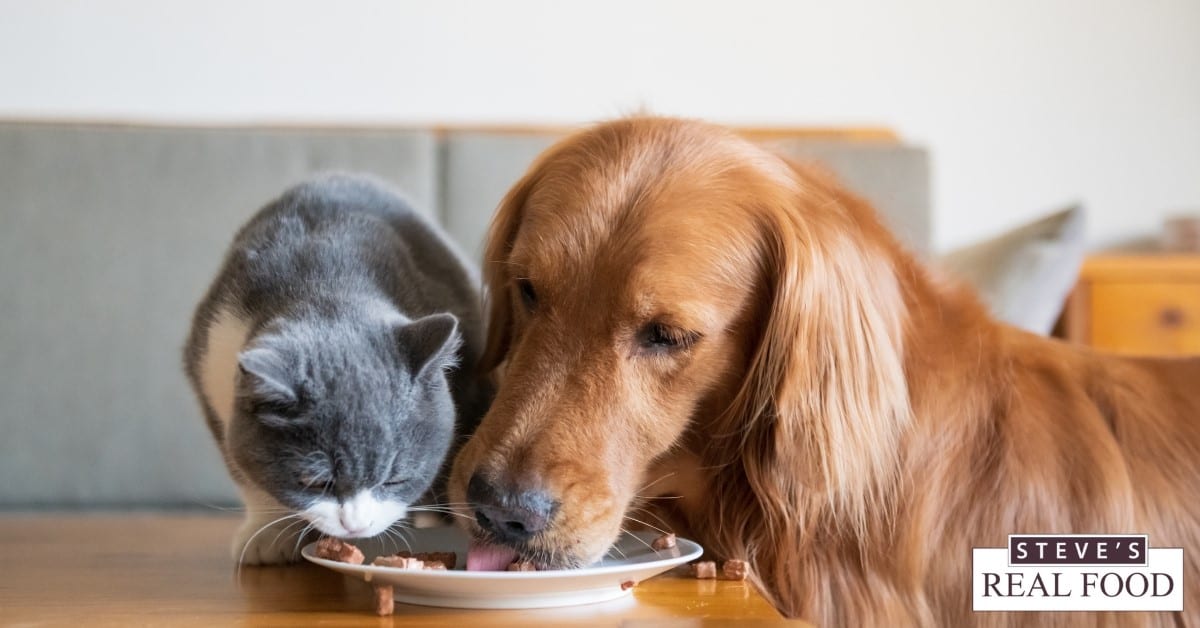
If you have a cat and a dog, you can feed both pets from the exact same bag of food.
